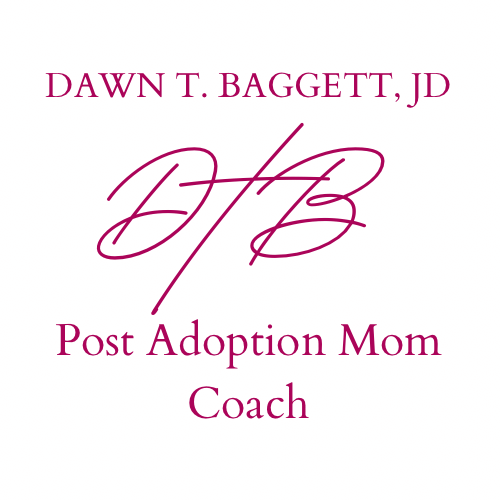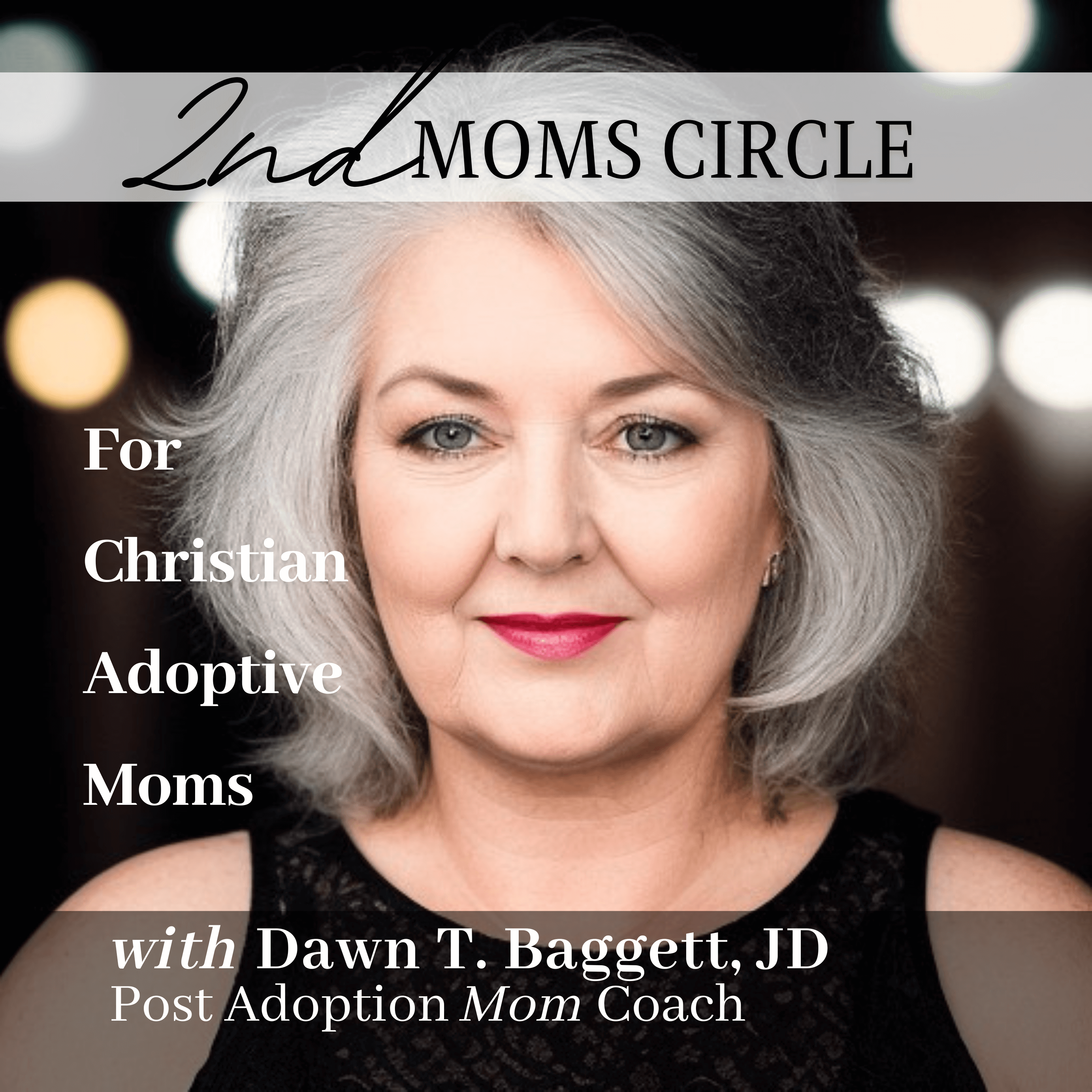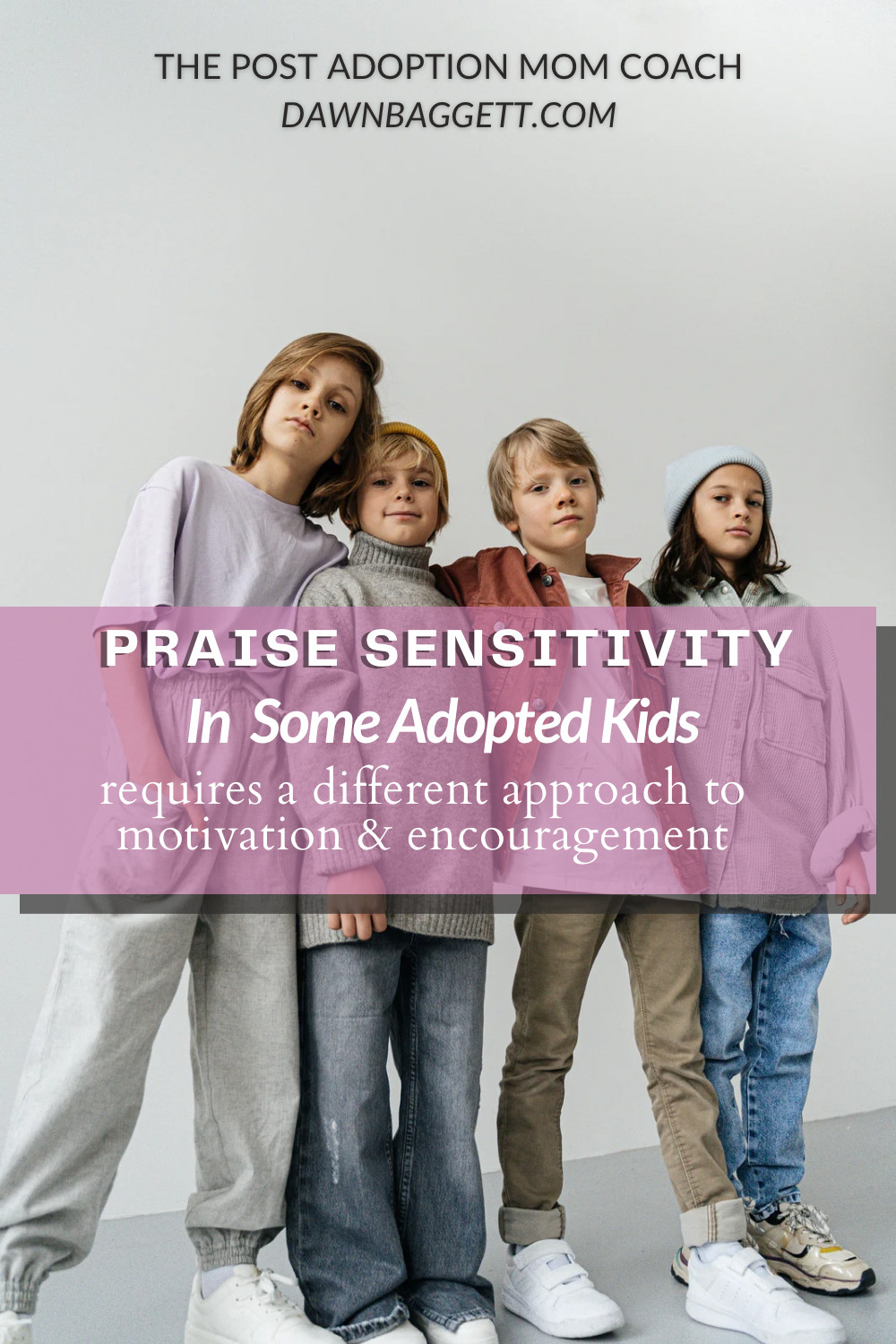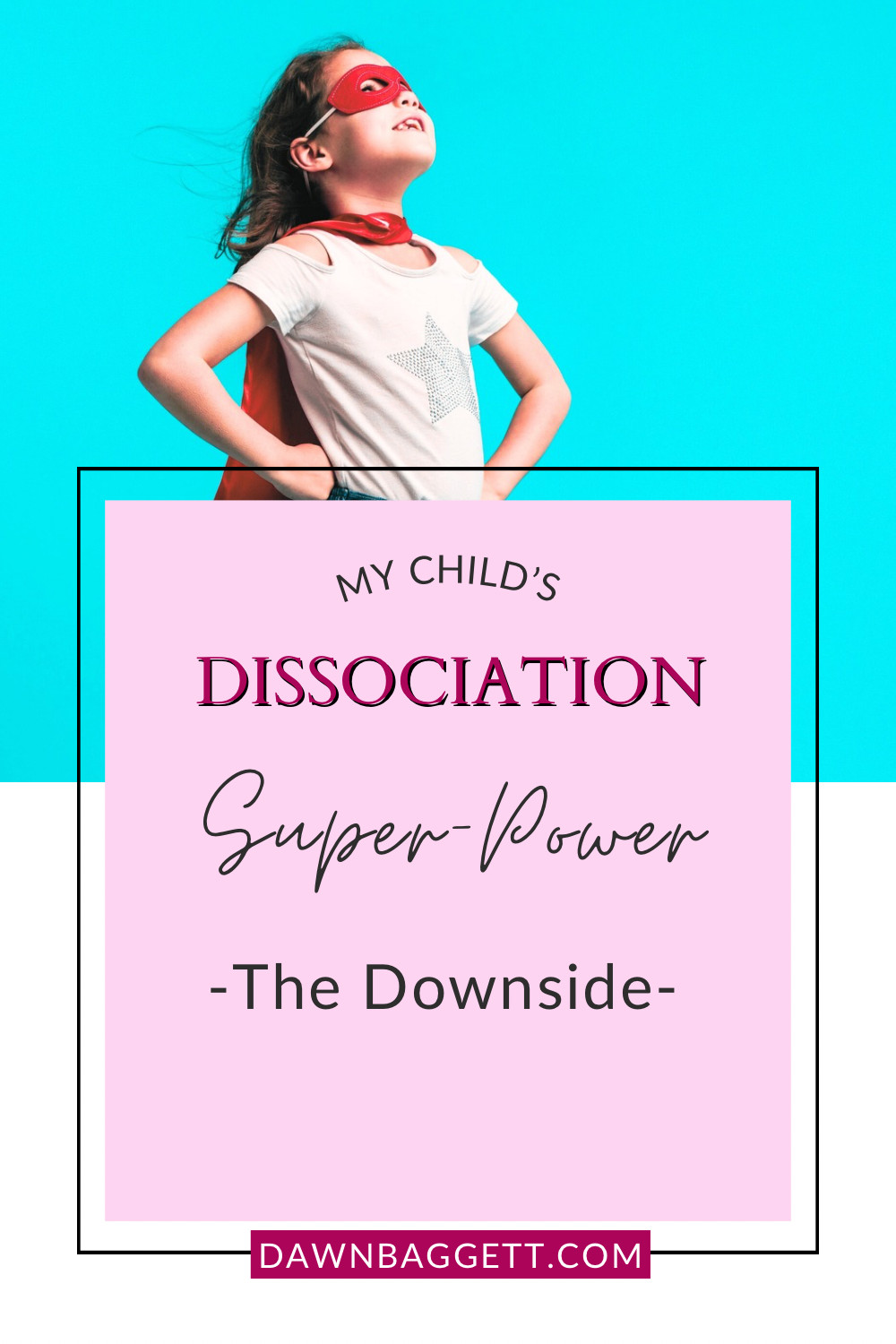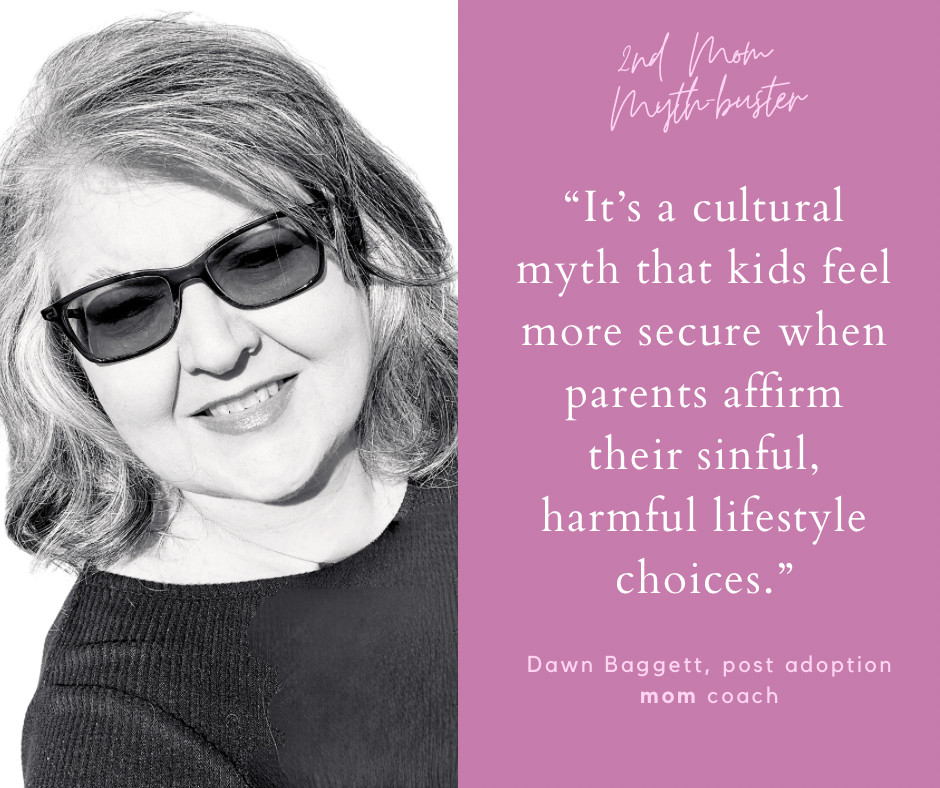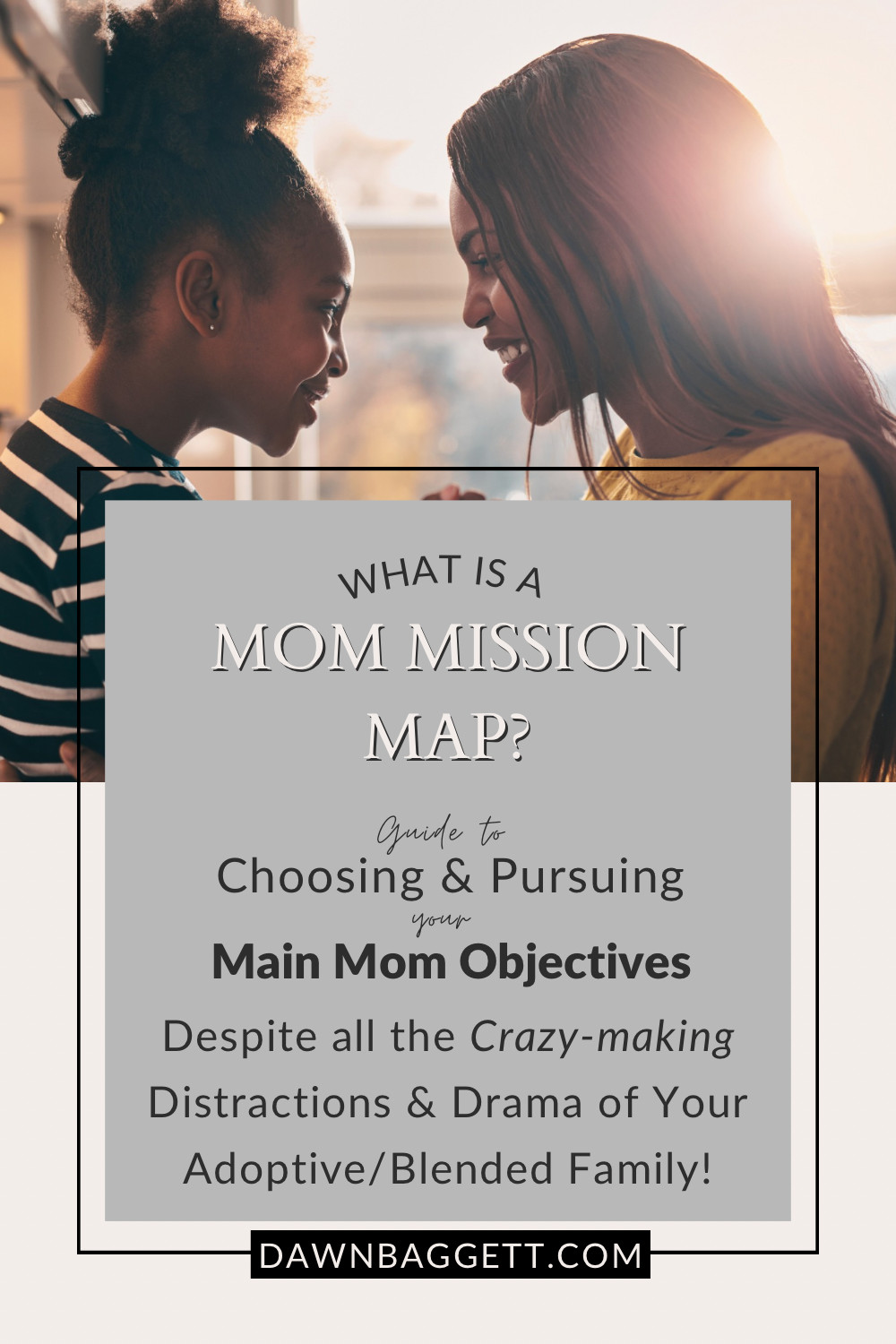🎧 Listen to episode - Apple
🎧 Listen to episode - Spotify
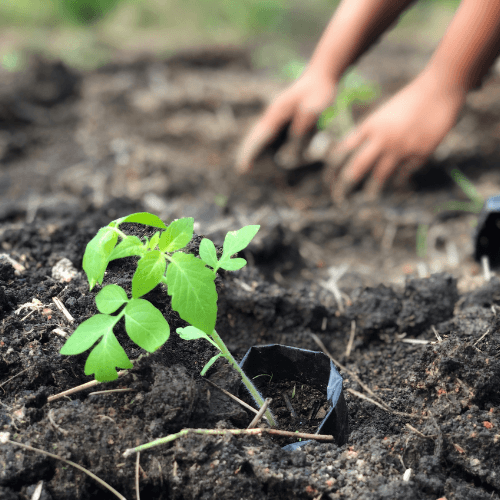
In this introductory episode of my new series about what I’m describing as “planting seeds” in our adoptive families, I want to go over some of the obstacles you may face as an adoptive mom: obstacles to planting the good seeds, seeds of love, seeds of learning, and seeds of growth. You’ve probably seen and heard me say over and over again to keep learning, keep growing, and keep loving” and that’s as much an encouragement I want to give to you as it is a reminder and encouragement to myself. I wanted to dedicate this series of episodes to these three topics.
So as we get into this series, I decided to first talk about the seven obstacles to planting good seeds in this introductory episode.
seven obstacles to planting good seeds
The first obstacle has to do with the soil. In real life gardening or real life farming. One thing that can make it difficult to plant seeds is when the soil is hard, like rock solid hard, and it makes planting those seeds challenging versus planting seeds into soft and loose soil.
Difficult Soil
So obstacle number one has to do with the difficult soil being hard, unprepared, full of weeds, roots, and rocks. Thinking in terms of our family, particularly with those who haven’t been very receptive to us and our attempts at planting seeds into their lives… they may be resistant to us, hardened. They may have walls built against certain types of pain, heartbreak and trauma that they’ve had in their past.
Lacking Motivation
The number two obstacle to planting good seeds in our families is lack of motivation. So why would you ever have a lack of motivation? I don’t think we start out that way. We start out with very high motivation, but over time our motivation can be diminished from a variety of reasons such as something called compassion fatigue, or secondary trauma; you might be stretched too thin and have a limited capacity, your emotional tank may be overloaded and you may feel vulnerable; poor health can drain your motivation.
A lack of acceptance and lack of respect; fear rejection. We may even get to a point of almost giving up, lacking hope or trust that whatever we do in planting these seeds won’t make a difference anyway.
Distance, either literal physical distance or perhaps emotional distance can necessitate an extra dose of motivation.
Lacking Vision
Number three is lack of vision. If I’m going to plant a field, it helps with my motivation if I can envision what that field is going to produce in a few weeks or a few months down the road and the potential for the crop to be amazing once it comes in. If I don’t have that vision if it’s just planting seeds for the sake of planting seeds and I don’t see the benefit in it… and I don’t trust that my tiny little seeds are going to grow into something very very amazing, then I may not be very motivated. The same goes with seeds in our families. Sometimes it’s the daily little things that we drop when don’t see any movement with we don’t see they make a difference or recognize the benefit because it’s just the repetitive planting seed after seed after seed after seed, day after a day. And maybe there is some movement, but we don’t really recognize it because it does take so long and the growth is so slow.
Missing or unmaintained tools
Number four is missing tools or unrepaired or unmaintained tools. I remember my daddy took amazingly good care of his farm equipment. He could have worked a long, hard day and be dog tired, but he was going to make sure to clean his tools — his tractors, his plows — that they were cleaned, and they were put away and were taken care of before he stopped for the day. He was not about to put things up dirty or leave them laying out in the weather to rust. Daddy took care of his tools. He took care of his equipment. He made that extra effort so of course they were much better off for it because they were in better shape and they were able to be used for much longer than if he had not taken care of his tools.
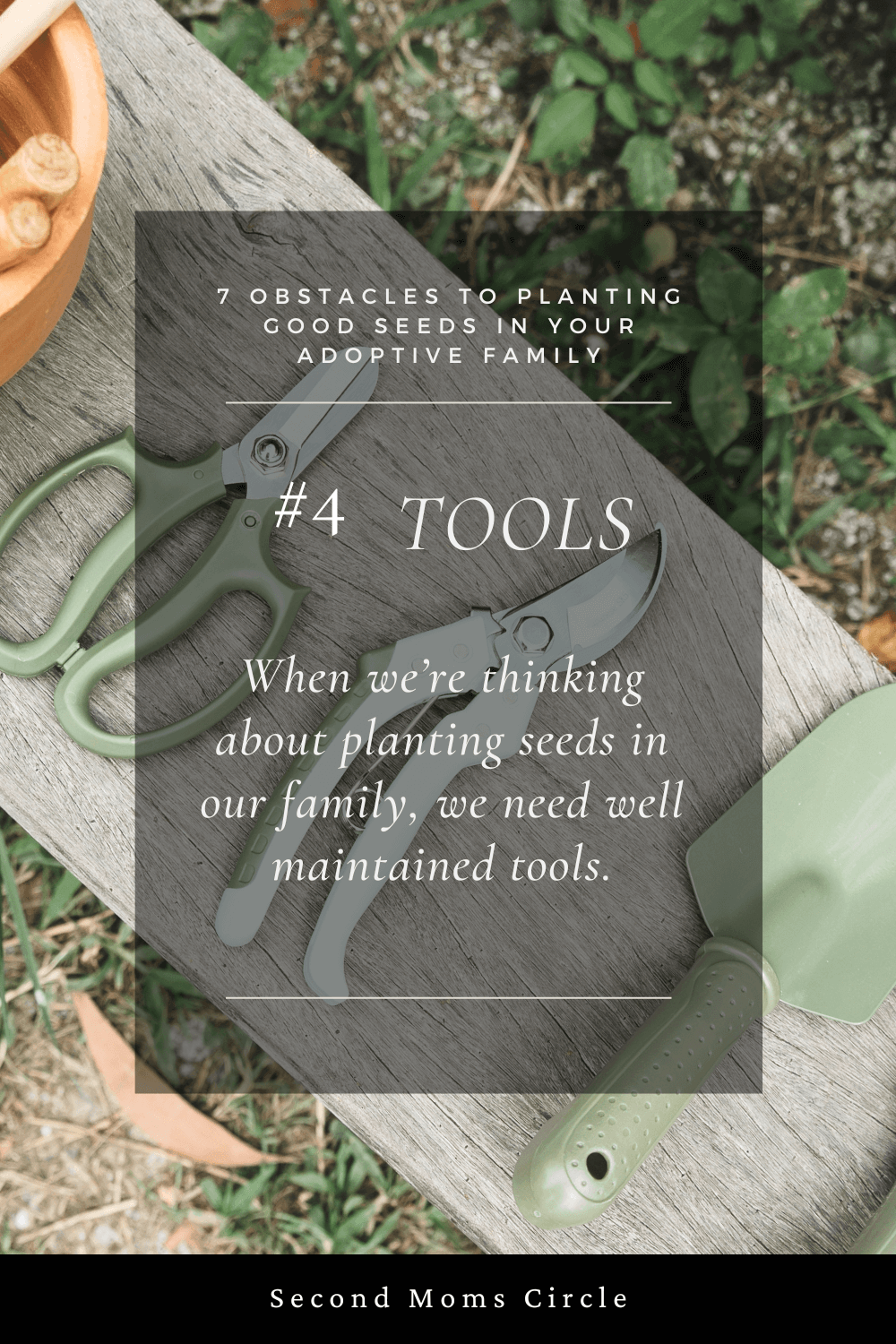
When we’re thinking about planting seeds in our family, we need well maintained tools. And different tools work better for different situations; a field with one type of seed might take one kind of a plow while another field might require something different, additional tools or more fertilizer.
So that’s just an analogy to farming, but I think we can understand that different types of seeds and fields can relate to different types of people and situations and circumstances which are going to require tools that you may or may not have or you may need to sharpen a little bit and take care of as your tools for planting good seeds.
A resistant field (or person) may need more prep work and additional tools for that before many seeds can be planted.
Bad Weather
Number five is persistent, bad weather or the wrong season The planting of seeds is going to be a definite challenge when it continues to rain day after day, week after week and the feels are muddy. Your equipment can’t go through. They’ll get stuck.
You can’t plant those seeds and maybe you feel like time is running out and yet the weather continues to be bad. You’re having to really watch that weather closely and so that if you do get a clear day or clear afternoon or even a clear couple of couple of hours, you’re watching and really paying attention to it so that you can get in that field as soon as you’re able to and as soon as the ground is dry enough so that you can plant those seeds before it comes another storm.
In our families, we have storms sometimes that just continue to keep raging and raging and raging And you may get through one storm and then !boom! there’s another storm that pops up; you don’t have a long sunny season to plant all the seeds that you planned to, you may have all you can do to weather the storms and you may fear that all is lost. And then you’re emotionally spent when the storm starts to clear, wondering if it’s too late to try again.
Time Challenges
Number six is lack of time, interruptions and delays and we talked about that just briefly with the talking about storms, but lack of time and delays can happen. Interruptions you didn’t plan can challenge your effort to plant good seeds. Different things can impact out time and so it’s very very important to notice and take advantage of those snippets of time and plan well.
Need for Seeds
Lastly, number seven is lack of seeds or resources to acquire the seeds. Of course we can’t plant what we don’t have. I’ve had this happen in my family as well when it seems like the seeds just aren’t available.
If you’re planting or trying to plant seeds of love but not feeling very loved by your child at the moment or it may be a long season when they’ve been very unloving toward you, and you feel like you’re getting no love from them, therefore you feel like you can’t return love to them, but it really doesn’t work that way.
We need to get our seed tanks filled elsewhere if we’re not getting that reciprocal love from our child and we don’t need to have to depend on them in order to deposit seeds of love into them. And so yes, it can be more challenging when we don’t have that that reciprocal back-and-forth.
Imagine as a gardener that you really love the heirloom seeds or you garden year after year, saving a portion of your seeds from past years so that when you plant, say, a crop of peppers you use the pepper seeds that you saved from last year in order to have seeds to plant for this year — it’s kind of a self propelling system. So you don’t have to go out and buy more seeds every year; you use your own seeds from your own plants and it just keeps it going.
But what if you can’t do that for some reason? You can’t save any seeds and use plant them for the next year. And you don’t have any from last year. You’re gonna need to go outside the system and purchase or gather or somehow come up with the seeds to plant if you’re going to have a successful garden. You can’t depend on last year‘s crop for your seeds for this year‘s garden. And that’s the way it is sometimes with our kids, especially when they have attachment challenges that are severe so you can’t depend on reciprocal or mutual return. So you have to get it from elsewhere and that does take time so that impacts that time obstacle we talked about before.
If you’re spending all day long every day with someone who is not able for whatever reason to to return love to you, to return acceptance, to return respect, to demonstrate mutual enjoyment of being in relationship with you, then you’ve got to take some time for yourself to be with someone else who IS able to to give you those things you need to fill up on in order to enable you to have something to give.
You DO have the resources to acquire what you need because God has promised to equip you. And he is able.
So that is the seventh obstacle: lack of seeds or resources to acquire the seeds, and I hope this introductory episode has helped you get started thinking about this analogy, an elaborate analogy about planting seeds in our families. I think it’s a good analogy that we can dive into as we continue to work through this series. The next episode will be on planting seeds of love and I think it will be a very helpful and insightful episode so don’t miss it. Think about how you’re planting seeds in your family, what seeds you want to plant, and what obstacles you’ve come across to planting those seeds, those seeds of love, growth and learning.
And as always,
KEEP LEARNING - KEEP GROWING - KEEP LOVING
💜🩷♥️
Dawn
______________________________________________________

Post Adoption (Mom) Coach
“STANDING IN THE GAP FOR 2ND MOMS”
Dawn Baggett is a podcaster and thought leader in Christian post adoption. As a Certified LifeMapping(R) Coach, Dawn helps Christian adoptive moms navigate the challenges of their non-traditional families with their own brand of success!
DISCLAIMER: I’m a coach, not a doctor nor a therapist. As a coach I do not offer mental or medical health diagnosis, treatment or cures. Furthermore, I am no longer a practicing attorney and do not offer individual legal advice. For individual advice related to your own personal situation I recommend you seek out an appropriate professional. Coaching may fill a spot in your overall support network.
—
Copyright © 2024 Dawn T. Baggett, JD & Legacy Living, LLC - All rights reserved
—
